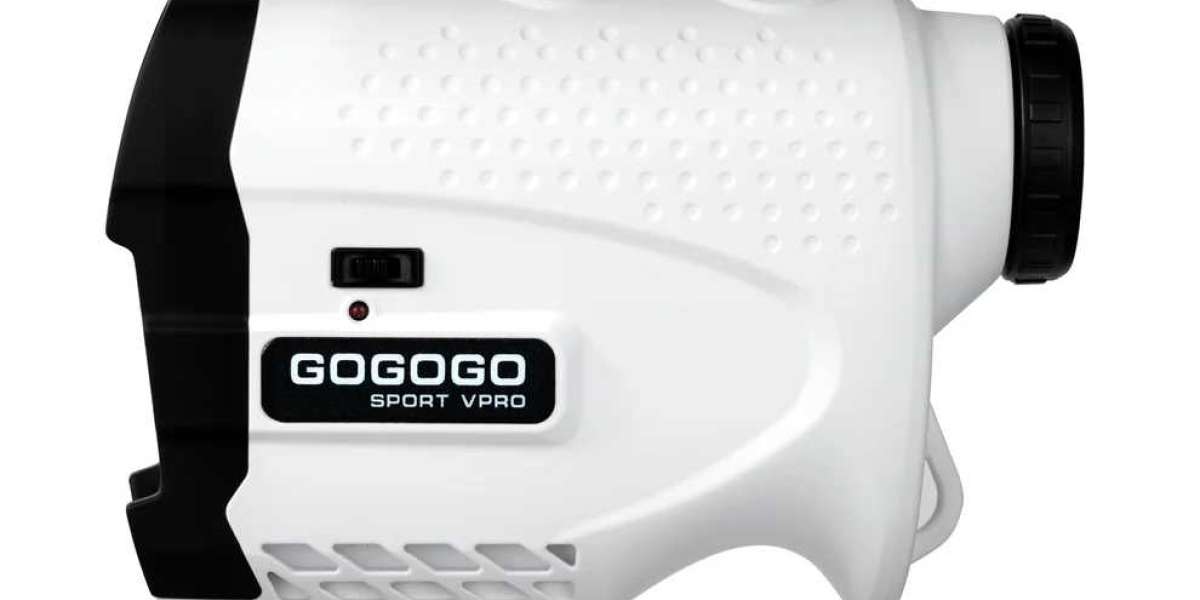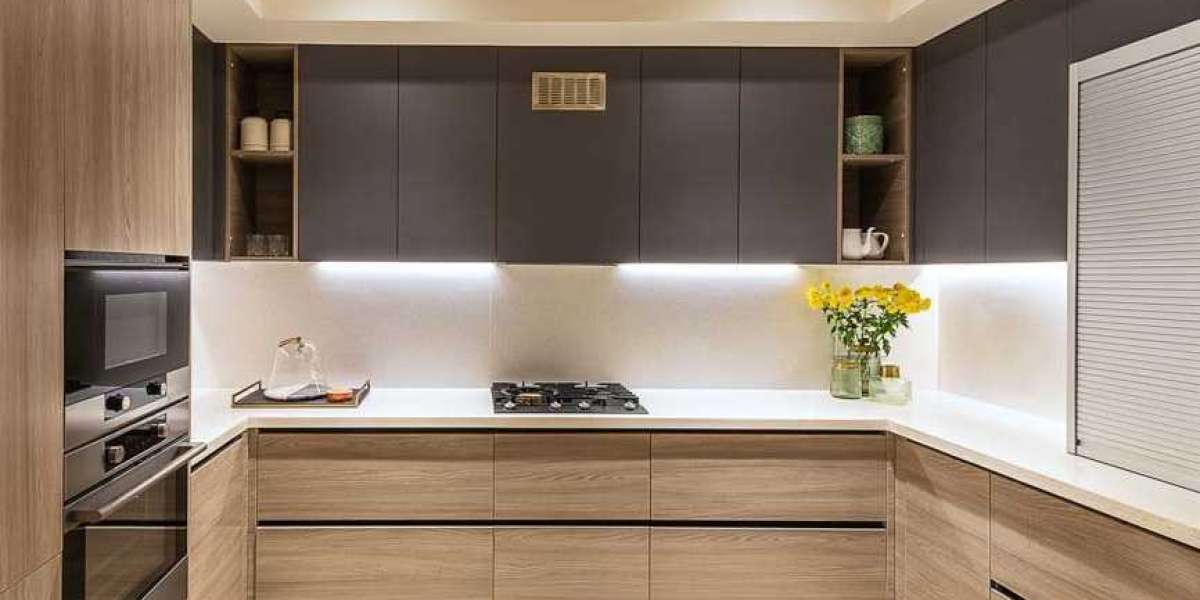Whether you're a seasoned golfer or just starting out, having the right tools can significantly enhance your game. One such indispensable tool is the golf rangefinder. The best golf rangefinder helps you determine the exact distance to your target, improving your accuracy and decision-making on the course. But with so many options available, how do you choose the right one?
In this guide, we'll walk you through everything you need to know about selecting a golf rangefinder that suits your needs. By the end, you'll be equipped with the knowledge to make an informed choice and elevate your game. Let's dive into the key factors to consider.
1. Understanding the Basics: What is a Golf Rangefinder?
A golf rangefinder is a device that measures the distance from your position to a specific target on the course, such as the flagstick, bunker, or a hazard. There are two main types of rangefinders:
- Laser Rangefinders: These use a laser beam to calculate the distance to your target. They are highly accurate and often preferred by golfers.
- GPS Rangefinders: These use satellite technology to measure distances. While they provide general course layouts, they are typically less precise than laser rangefinders.
2. Key Features to Consider When Choosing a Golf Rangefinder
Not all rangefinders are created equal. Here are some of the most important features to consider:
Accuracy and Range
The primary function of a rangefinder is to provide accurate distance measurements. Look for models that offer precision within 1 yard. Additionally, consider the range of the device. Most golf rangefinders offer ranges between 400 to 1000 yards, which is more than sufficient for the average golfer.

Slope Functionality
Many modern rangefinders come equipped with slope functionality. This feature allows the device to adjust the distance based on the incline or decline of the terrain. It's particularly useful when playing on hilly courses. However, note that slope functionality is often not allowed in official tournaments, so make sure your device has a toggle to turn this feature off if needed.
Magnification
Magnification allows you to zoom in on your target, making it easier to focus on distant objects. Rangefinders typically offer magnification between 5x to 7x. Higher magnification can be beneficial, especially on long-range shots.
Ease of Use
A user-friendly design is essential. Look for a rangefinder with a clear display, easy-to-use buttons, and fast response times. You don't want to spend precious time fiddling with your device when you're out on the course.
Battery Life and Durability
Most golf rangefinders are powered by rechargeable or replaceable batteries. Look for models with long battery life, especially if you're planning to use the device for extended periods. Durability is also crucial—your rangefinder should be able to withstand rain, dust, and occasional drops.
3. Comparing Laser vs. GPS Rangefinders
As mentioned earlier, there are two main types of golf rangefinders: laser and GPS. Each has its pros and cons:
Laser Rangefinders
Laser rangefinders are generally more accurate. They allow you to target specific objects, such as the flagstick, and provide an exact distance. However, they require a direct line of sight to the target, which can be challenging on courses with obstacles like trees or tall grass.
GPS Rangefinders
GPS rangefinders are less precise but offer a broader view of the course, including distances to hazards, bunkers, and greens. They don't require line of sight, making them easier to use on courses with obstructed views. However, they may depend on a subscription service for regular updates on course layouts.
4. Price Considerations
Golf rangefinders vary significantly in price, depending on the features and brand. Basic models can cost as little as $50, while high-end models can go up to $500 or more. As a general rule, the more features and accuracy you need, the higher the price. However, there are plenty of top rated golf rangefinders that offer excellent performance at reasonable prices.
5. Additional Features to Look For
Here are some bonus features that can make a difference in your overall experience:
- Pin-Seeking Technology: This feature helps the rangefinder focus on the flagstick, even if there are trees or other objects in the background.
- Vibration Alerts: Some models offer a vibration alert when the rangefinder locks onto the target, providing extra assurance that you're measuring the correct distance.
- Water Resistance: If you often play in unpredictable weather, a water-resistant rangefinder could be a valuable investment.
- Compact Design: A lightweight and compact rangefinder is easier to carry around the course and less cumbersome to use between shots.
6. Reviews and Brand Reputation
Before making a final purchase, it's always a good idea to check customer reviews and the reputation of the brand. Look for feedback on accuracy, durability, and ease of use. Some of the top rated golf rangefinders come from brands like Gogogo Sport, which consistently receive high marks for quality and affordability.
Reading through customer reviews can also give you insights into potential issues with the product, such as battery life or software glitches. Be sure to balance positive and negative feedback to get a well-rounded view of the product.
7. Tournament Legal vs. Non-Tournament Legal Rangefinders
If you plan to participate in golf tournaments, it's essential to ensure your rangefinder complies with the rules of the game. Most tournaments do not allow rangefinders with slope functionality unless it can be disabled. Make sure to check the specific guidelines of the tournament you're playing in to avoid disqualification.
8. Conclusion: Make an Informed Choice
Choosing the best golf rangefinder involves balancing your budget with the features that matter most to you. Whether you're looking for pinpoint accuracy, slope functionality, or a user-friendly design, there's a rangefinder out there for every golfer. If you're still unsure, start by exploring some top rated golf rangefinders available on the market. These models often offer the best mix of quality, performance, and affordability.
Remember, the right rangefinder can be a game-changer, helping you make smarter decisions on the course and ultimately improving your performance.









